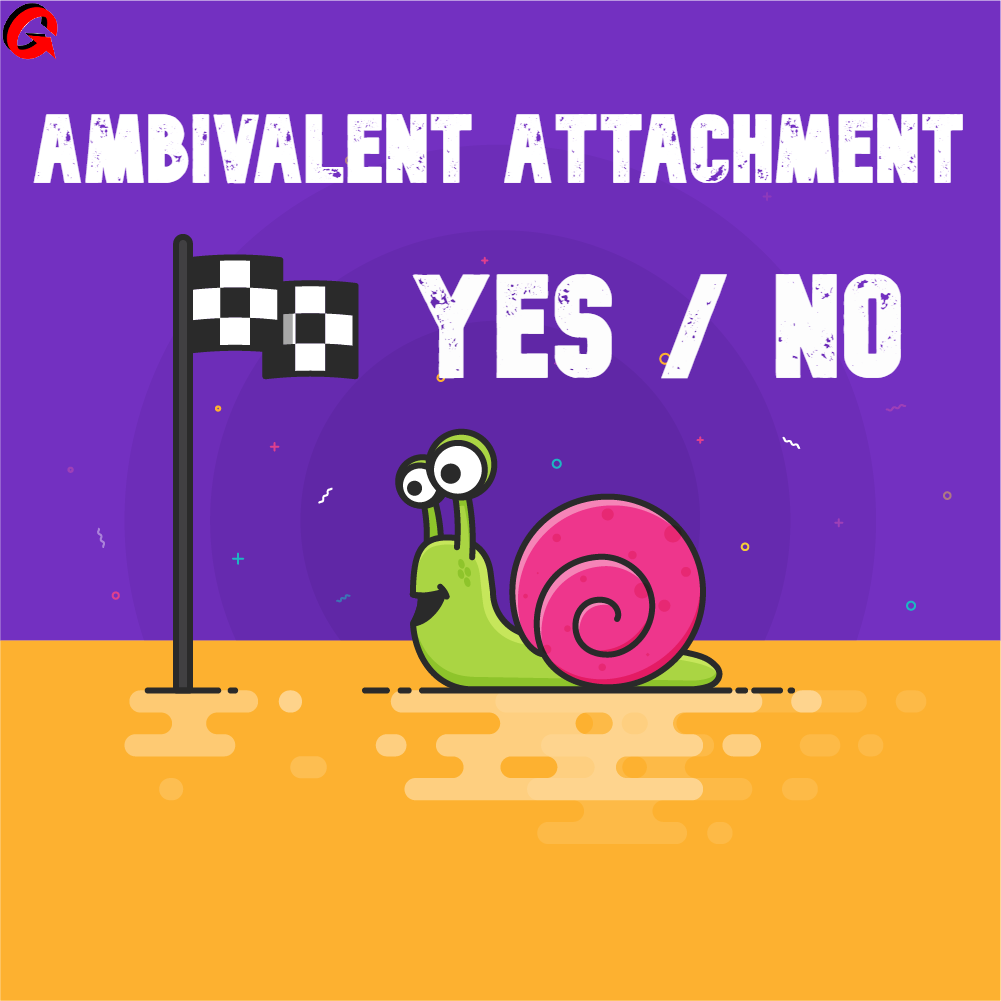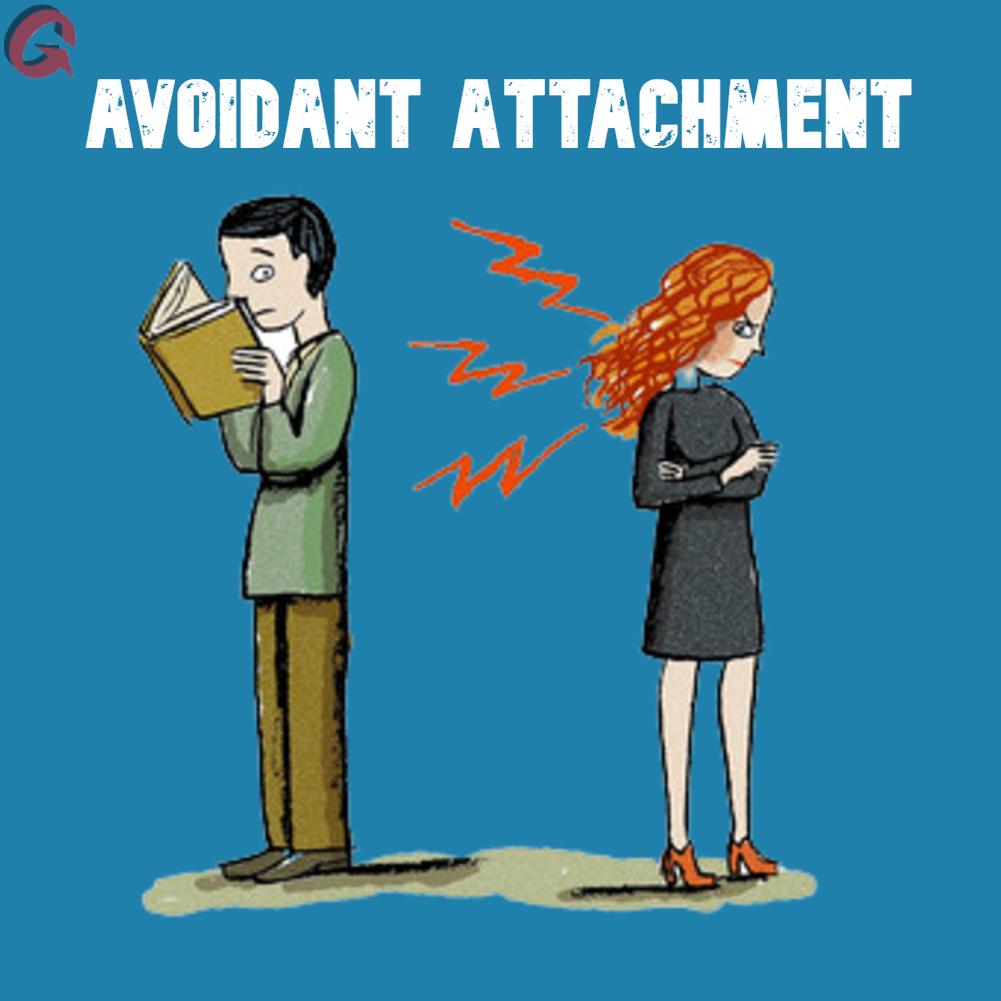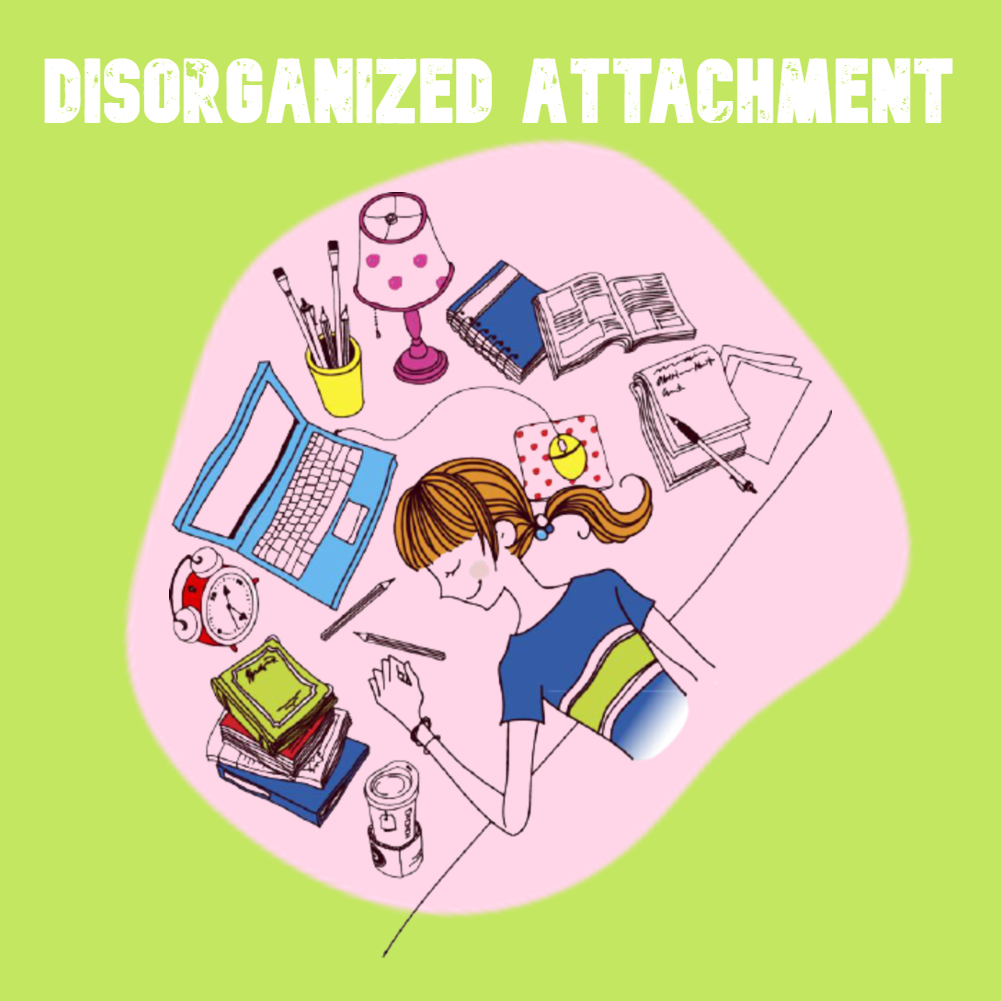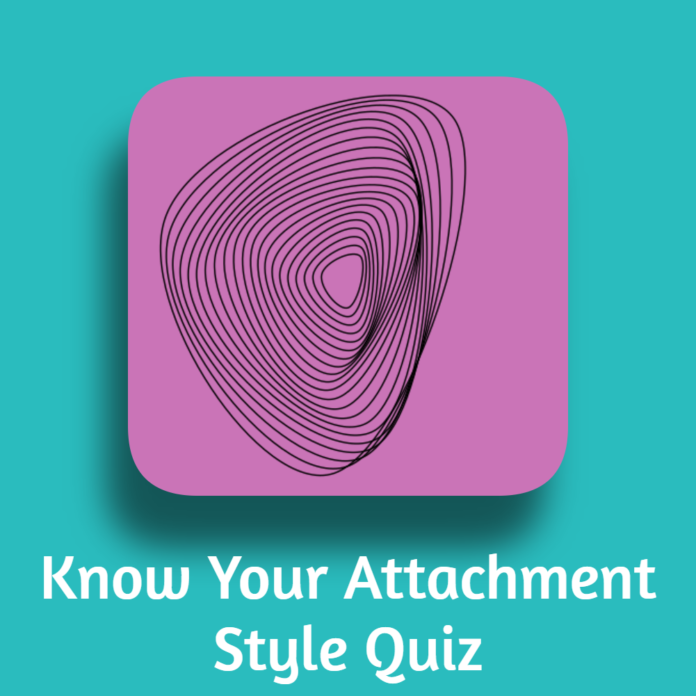After anxiously awaiting my partner's arrival, I end up picking fights.
It is difficult for me to be alone. If alone, I feel stressed, abandoned, hurt, and/or angry.
I feel comfortable expressing my own needs.
I find myself minimizing the importance of close relationships in my life.
I chronically second-guess myself and sometimes wish I had said something differently.
I rarely feel satisfied with the relationships, the connection I have with partners.
I have a hard time remembering and discussing the feelings Related to my past attachment situations, When I try I disconnect, dissociate, or get confused.
I often tend to “merge” or lose myself in my partner and feel what they feel, or want what they want.
I insist on self-reliance; I do many of life’s tasks or my hobbies, alone and I have difficulty reaching out when I need help.
When I lose a relationship, at first I tend to experience separation elation and then become depressed
I can keep secrets, protect my partner’s privacy, and respect boundaries.
I feel inexplicably stressed when my partner arrives home or approaches me – especially when he or she wants to connect.
I attempt to maintain safety in our relationship and actively protect my partner from others and from harm.
I attempt to discover and meet the needs of my partner whenever possible.
In an attempt to stabilize connection, sometimes, I over-function, over-adapt, over-accommodate, or over-apologize for things I didn’t do.
I sometimes feel superior in not needing others and I wish others were more self-sufficient.
I find it easy to flow between being close and connected With my partner to being on my own.
I feel like my partner is always there but I would often prefer to have my own space unless I invite the connection.
My instinctive self-protective responses are often unavailable when possible danger is present –leaving me feeling immobilized, disconnected, or “gone”.
I am always yearning for something or someone that I feel I cannot have.
It is important for my partner to keep arrangements simple and clear because I am easily confused or disoriented, especially when stressed.
If my partner and I hit a glitch, it’s relatively easy for me to apologize, brainstorm a win-win solution, and repair the misattunement or disharmony.
Protection often feels out of reach.
Sometimes I prefer casual sex over a committed relationship.
I look at my partner with kindness and caring and look forward to our time together.
My partner often comments or complains that I am controlling.
At the same time as I feel a deep wish to be close with my partner, I also have a paralyzing fear of losing the relationship.
When I reach a certain level of intimacy with my partner, I sometimes experience inexplicable fear.
I tend to lose myself in relationships because I tend to over-focus on others.
I feel that people are essentially good at heart.
I want to be close with my partner but feel angry at my partner at the same time.
I tend to prefer relationships with things or animals instead of people.
Keeping agreements with my partner is a priority.
I often expect the worst to happen in my relationship.
I have an exaggerated startle response when others approach me unexpectedly.
When I give more than I get, I often become resentful and/ or harbor a grudge.
I often find eye contact uncomfortable and/ or particularly difficult to maintain.
I feel relaxed with my partner most of the time.
It is often difficult to receive love from my partner when they express it.
I am comfortable being affectionate with my partner.
When presented with problems, I often feel stumped and feel they are irresolvable.
It is difficult for me to say NO or to set realistic boundaries.
I struggle to feel safe with my partner.
I want closeness but am also afraid of the one I desire to be close with. I get stuck in approach-avoidance patterns with my partner.
It is easier for me to think things through than to express myself emotionally.

Ambivalent Attachment
Unlike close-knit couples, people who are afraid of being close desperately try to fantasize about their marriage.
They do not feel true love or trust in their partners but often feel emotionally weak.
They often look for their partners to save or supplement. When they try to gain a sense of security by keeping in touch with their partners, they will take some measures to push them away.
Although people with fear attachments show despair or insecurity, their behavior amplifies their fears in most cases.
They feel insecure about their partners' feelings and relationships and often become persistent, demanding, or possessive of their partners.
You can also interpret your partner's independent behavior as a confirmation of their fear.
For example, when your partner starts to establish more connections with friends, you may think: "Did you see it? He doesn't love me very much. That means he will leave me."

Avoidant-Dismissive Attachment
Individuals with an avoidant-dismissive attachment will, in general, sincerely distance themselves in a relationship.
They may also be searching for isolation and feel "pseudo-independent," taking over the function of parenting themselves.
They frequently come off as centered on themselves and can be overly getting to their creature comforts.
Pseudo-independence is an illusion, as each person wishes connection. Nevertheless, human beings with a dismissive-avoidant attachment tend to guide extra inward lives, each denying the significance of cherished ones and detaching without problems from them.
They are frequently psychologically defended and feature the capacity to close down emotionally.
Even in heated or emotional situations, they may be able to show off their emotions and now no longer react.
For example, if their associate is distressed and threatens to go away from them, they might reply with the aid of saying, "I don't care."
For example, if their associate is distressed and threatens to go away from them, they might reply with the aid of saying, "I don't care."
Disorganized Attachment
People who are afraid of avoiding attachment live in a state of contradiction and are so scared of being too close or too far away from others.
You are trying to contain your emotions, but you cannot control your feelings.
They cannot simply get rid of worry or feelings; their reactions overwhelm them, and they often experience emotional storms.
Their emotions are often confusing or unpredictable. You will look at the relationship between them based on the work model that connects with others to meet your needs.
However, if you are close to others, they will hurt you.
In other words, the people they try to make contact with others for safety are the people they fear to be around. As a result, they lack an organized strategy to get others to meet their needs.

Secure Attachment
Adults who are securely connected tend to give preference to their relationship.
Safely secured children see their parents as a safe base for adventure and exploring the world independently.
A trustworthy adult has a similar relationship with his romantic partner, feels safe, and stays in touch, but allows them and their partners to move freely.
Safe adults will provide support when the partner is upset. When they feel anxious, they also want their partner to comfort them.
The relationship between them is usually honest, open, and equal. Both people think independently but love each other.
Couples with strong connections are reluctant to engage in what my father, psychologist Robert Firestone called the "fantasy connection".
This dream gives individuals a misguided sensation that all is well and good. In fantasy, the couple abandons their true love behavior and instead supports a more secular relationship.
A trustworthy adult has a similar relationship with his romantic partner, feels safe, and stays in touch, but allows them and their partners to move freely.Share your Results:


